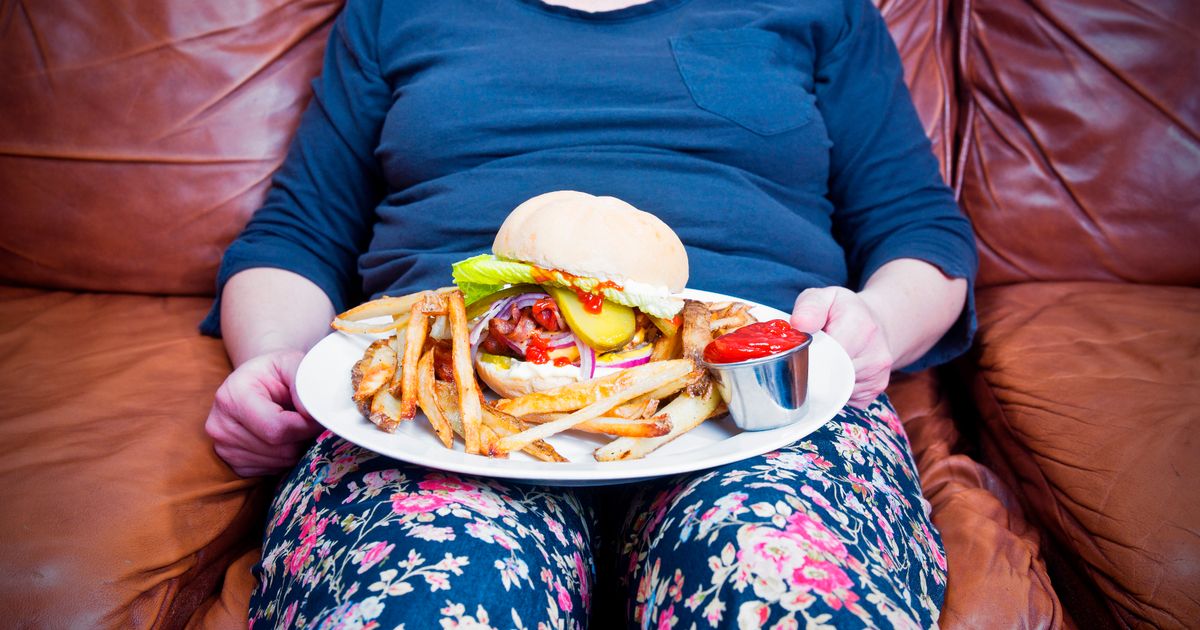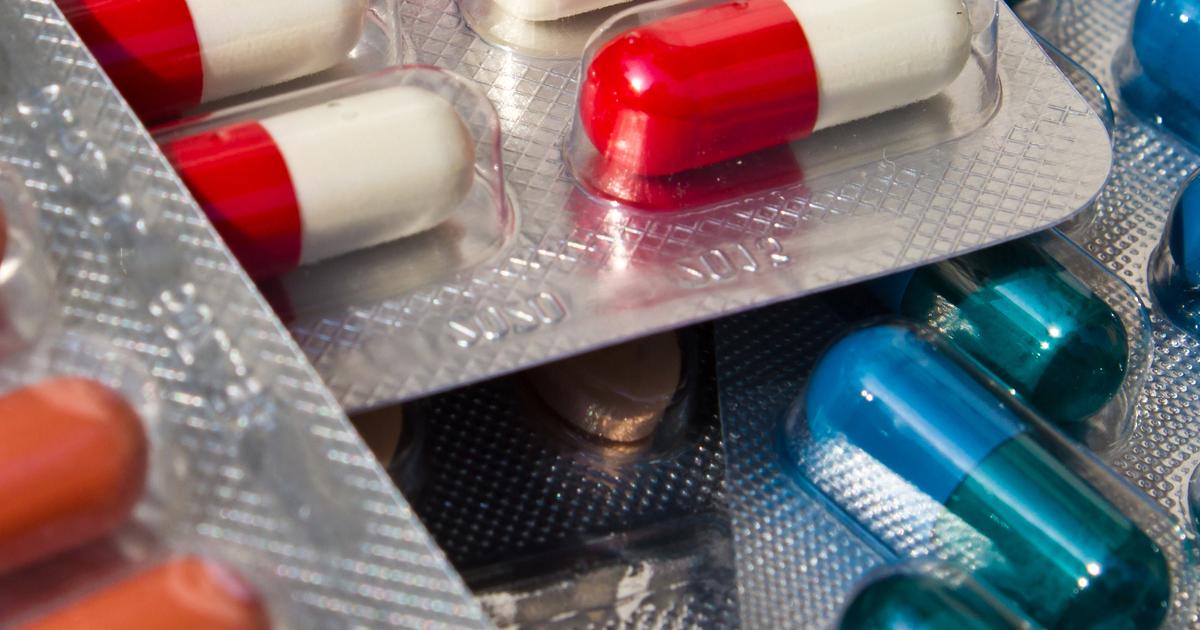Guide To Treating And Preventing Acute Cholecystitis
Reduce High Cholesterol Foods

It is believed excess cholesterol can play a part in the formation of gallstones, which could lead to the development of acute cholecystitis. Reducing dietary cholesterol may help reduce a patient's chances of developing gallstones. Additionally, it is important for obese individuals to lose weight, though they should do so slowly. This is because the body produces more cholesterol if it must break down stored fat quickly. When an individual loses weight slowly and reduces high cholesterol foods, they are doing their part to prevent the development of gallstones and a potential flare-up of acute cholecystitis.
Course Of Antibiotics

An individual affected by acute cholecystitis may need to take a course of antibiotics as part of their treatment regimen. Acute cholecystitis develops when the opening to the gallbladder becomes obstructed by something, such as a tumor, bile sludge, or gallstones. Bacteria can then become trapped in the gallbladder and colonize in the blocked bile. The colonization of bacteria in the gallbladder causes the immune system to respond because of damage to the gallbladder cells.
This immune response includes summoning multiple types of white blood cells and other immune system substances to the gallbladder tissues to help ward off the infection-causing bacteria. Blood vessels become dilated during this process to facilitate the influx of cells and substances to the infected gallbladder. This mechanism is what produces gallbladder swelling and inflammation. To treat this inflammation, antibiotics may need to be used to kill the bacteria that has caused the infection.
